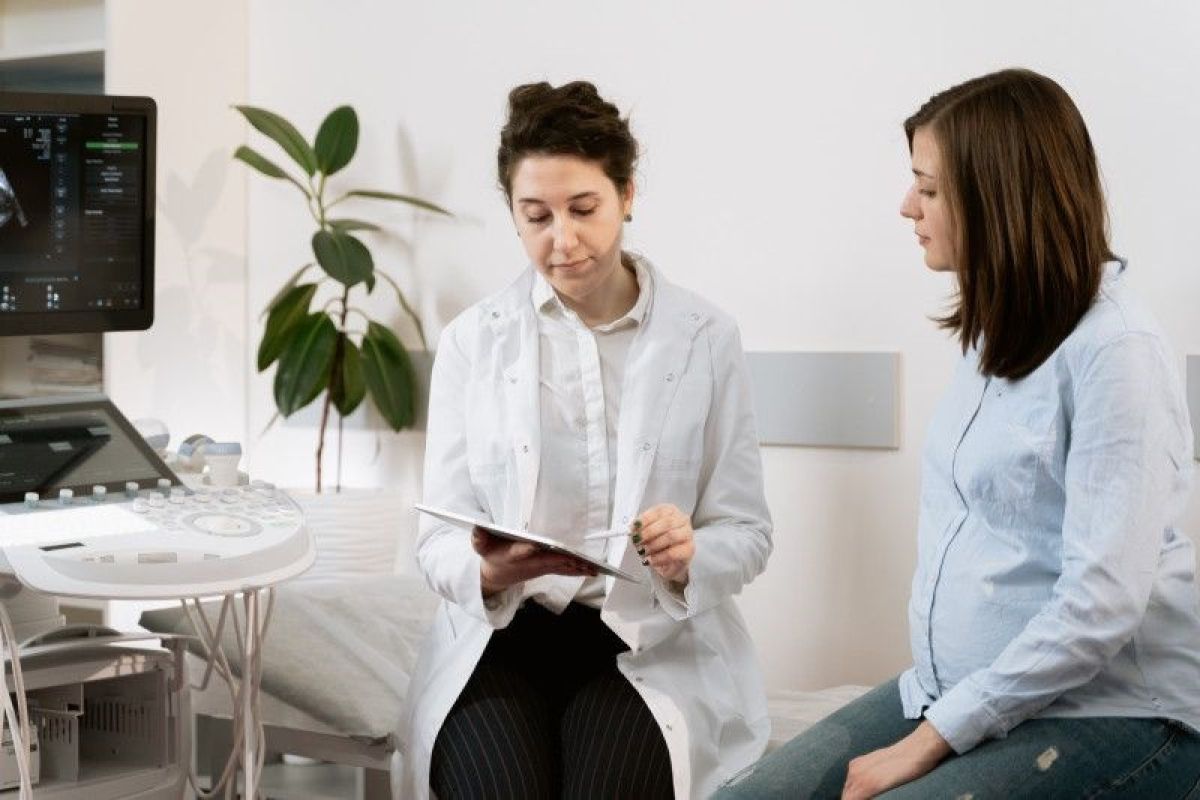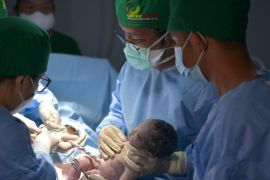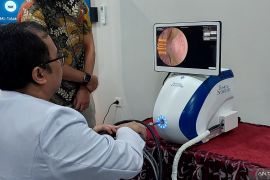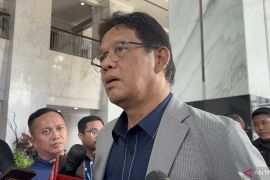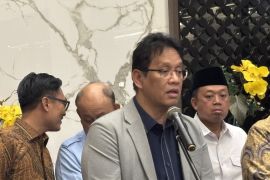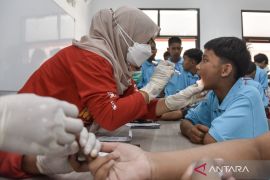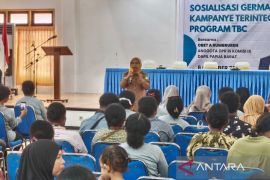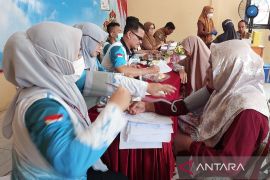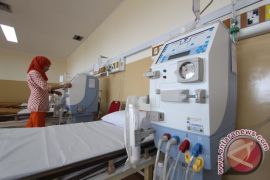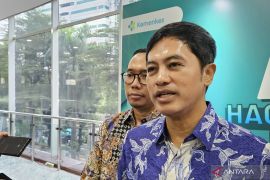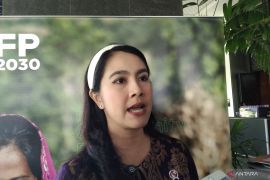"Women have a very crucial role. Which is why we offer primary healthcare transformation; we are putting in efforts to conduct promotion of health, prevention, early detection, and healthcare for all cycle of life," head of the communication and public services bureau of the ministry Siti Nadia Tarmizi said during a discussion on "Women's Leadership in Public Health" here on Thursday.
The ministry is committed to transforming the national healthcare system, including primary healthcare, to improve the quality of preventive services, she added.
She said that women are the main promoters of health-related concerns and aspects at the family as well as the public level. Thus, Indonesian women must be empowered more through the broadening of their horizon on health matters, particularly on maternal and baby issues such as immunization and priority disease screening, she informed.
Tarmizi also stressed that the medium-term national development plan outlines the ministry's commitment to improving maternal health by bringing the maternal mortality rate down to 183 deaths per 100,000 births by 2024.
"We all realize that women have a very important role in developing Indonesians' health in terms of prevention of malnutrition, which could lead to stunting, maternal mortality rate, and babies' deaths," she said.
She then reminded women to fully recognize their personal right to health. Women must have full access and control when it comes to medical care.
Meanwhile, the head of Social Security Study at the University of Indonesia Aryana Satrya said that women's role at the root level is important for ensuring their family's health.
He highlighted the global setup of medical personnel, 70 percent of whom comprise women. A similar situation can be seen in Indonesia, he pointed out.
Satrya cited 2019 data from the Health Ministry that shows that at least 70 percent of the 1.2 million medical professionals in Indonesia are women. They work as doctors, nutritionists, pediatricians, nurses, and others, he informed.
However, there are fewer women who actually complete specialist education compared to their male counterparts, with their ratio reaching 12 thousand to 17 thousand, respectively, he said.
Related news: Indonesian soldiers offer mobile health services to villagers in Papua
Related news: Army providing free healthcare services to native Papuans in Merauke
Translator: Rizka Khaerunnisa, Mecca Yumna
Editor: Azis Kurmala
Copyright © ANTARA 2023
